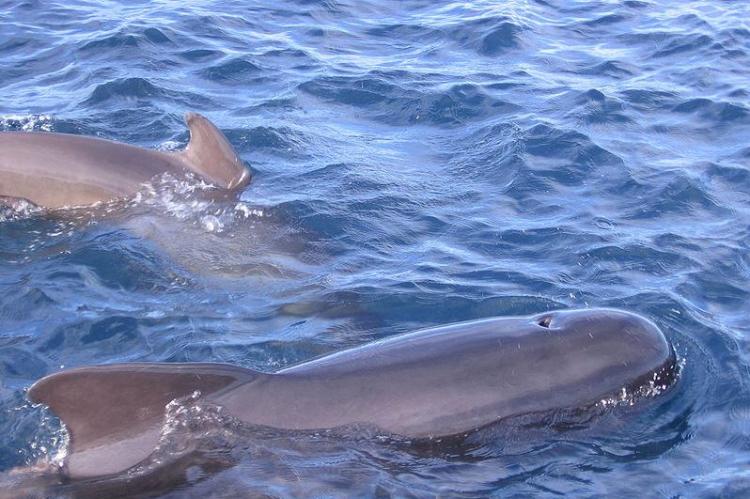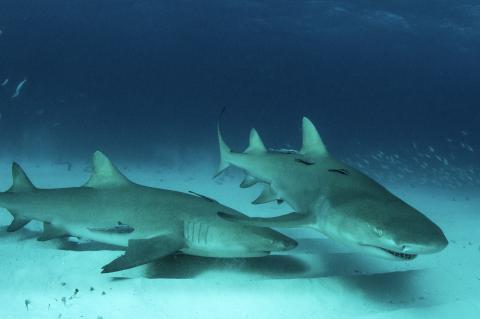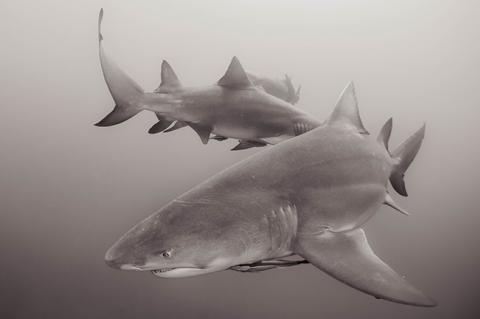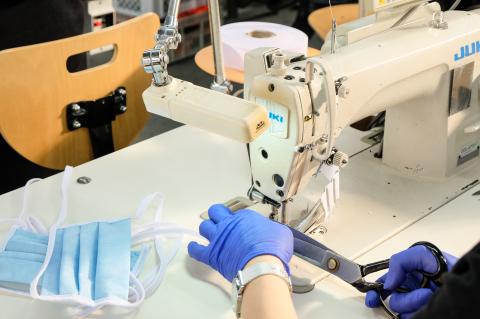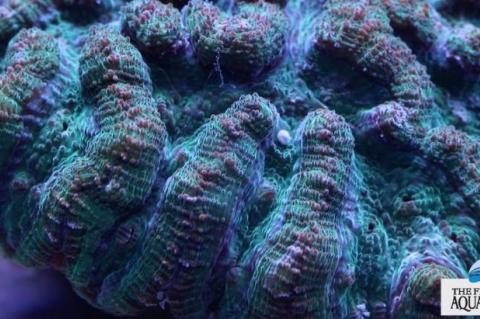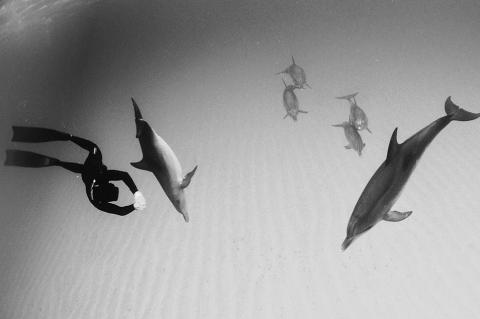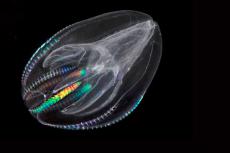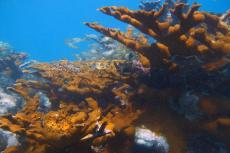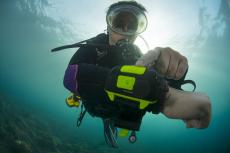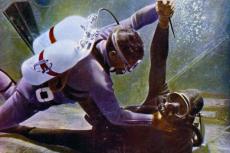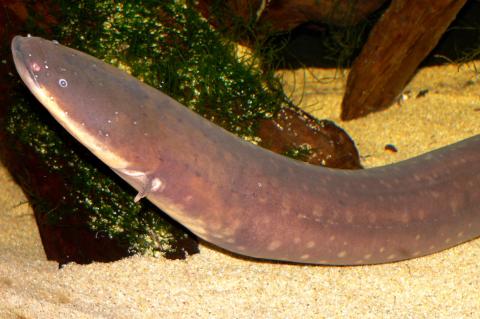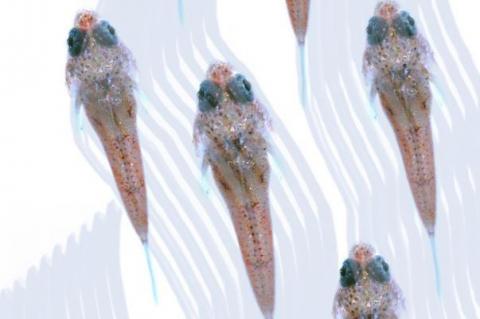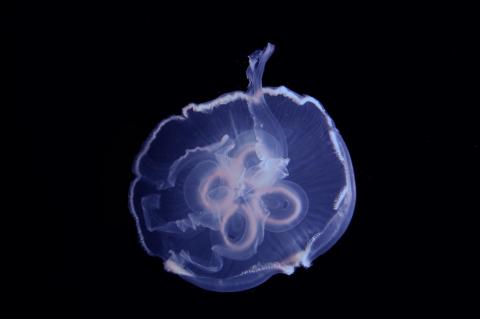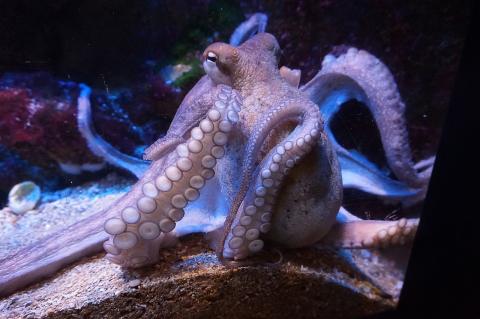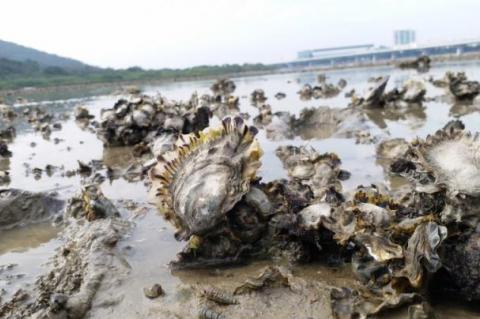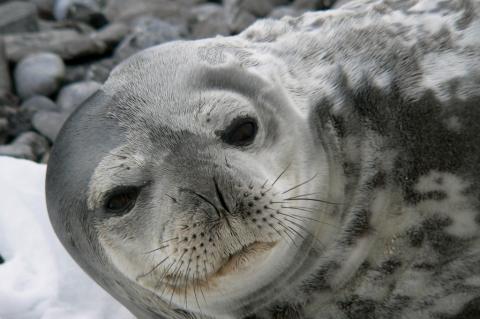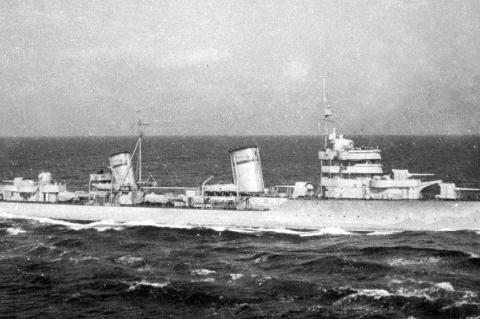Many male pilot whales assume nanny role
Using photographic data and observations of interactions of some of the 3,000-strong long-finned pilot whales in Cape Breton in Nova Scotia, researchers from Dalhouise University have discovered that alloparental care (or babysitting) of babies by other adult whales are integral in the species' social structure.
For most marine mammal species, alloparental care is usually provided by females. However, from the data gathered, biology PhD student Joana Augusto discovered that in the case of the pilot whales, many of the males from different family units assumed the babysitting role instead.
Describing it as “one of the coolest things” she found, Augusto attributed the active involvement of male pilot whales in alloparental care to two possible reasons. First, it was possible that the male whales wanted to boast about their abilities by “advertising” that they were doing so well that they could spend some of their time and energy caring for another.
The other, more likely reason was that while only limited resources and effort were required from the alloparent, the benefits that came about were advantageous and significant , considering that baby whales swimming in the open seas were much safer when accompanied by an adult.
In addition, Augusto said that the calves “might be learning social behaviours and how to behave in their group not just from their mother, but from the other individuals surrounding [and spending time with] them.”


